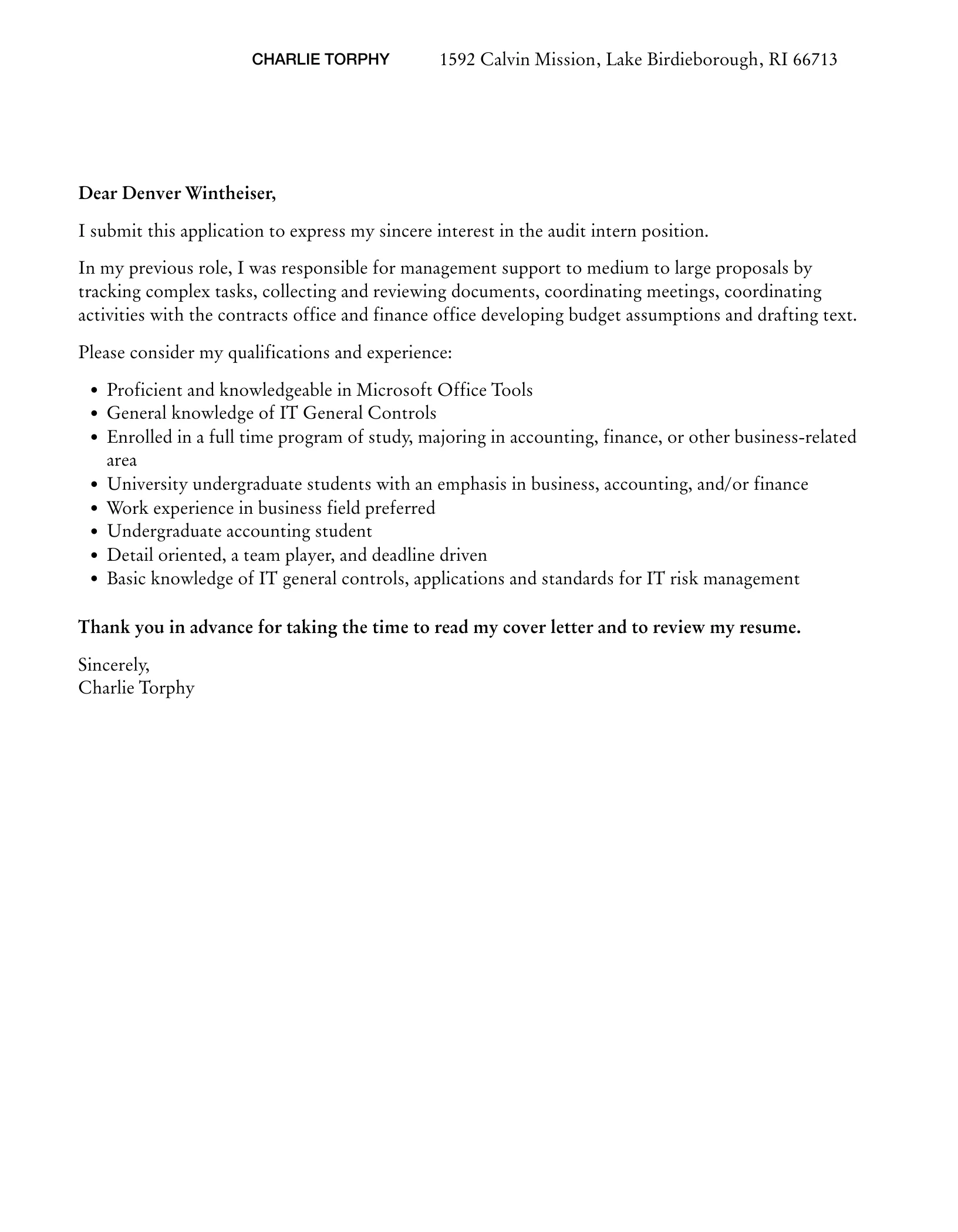The Purpose of a Cover Letter
A cover letter is more than just a formality it’s your first opportunity to make a strong impression on a potential employer. Think of it as your personal introduction and a chance to elaborate on your resume, highlighting key skills and experiences that align with the job requirements. A well-crafted cover letter can significantly increase your chances of securing an interview, setting you apart from other applicants. It provides a platform to showcase your personality, enthusiasm, and genuine interest in the specific internship opportunity. By addressing the hiring manager directly and tailoring your letter to the company and role, you demonstrate your commitment and attention to detail, crucial qualities for any intern.
Common Cover Letter Mistakes
While cover letters are essential, many applicants make common mistakes that can immediately disqualify them. These errors range from generic content and failure to highlight relevant skills to poor formatting and a lack of enthusiasm. Understanding these pitfalls is crucial for crafting a cover letter that truly stands out. This section will delve into the most frequent mistakes, providing you with the knowledge to avoid them and significantly improve the impact of your applications. Each mistake will be examined in detail, along with practical tips and examples to help you refine your approach and maximize your chances of success in the competitive internship application process. A thorough cover letter audit can help you to find those mistakes.
Mistake 1 Generic Content
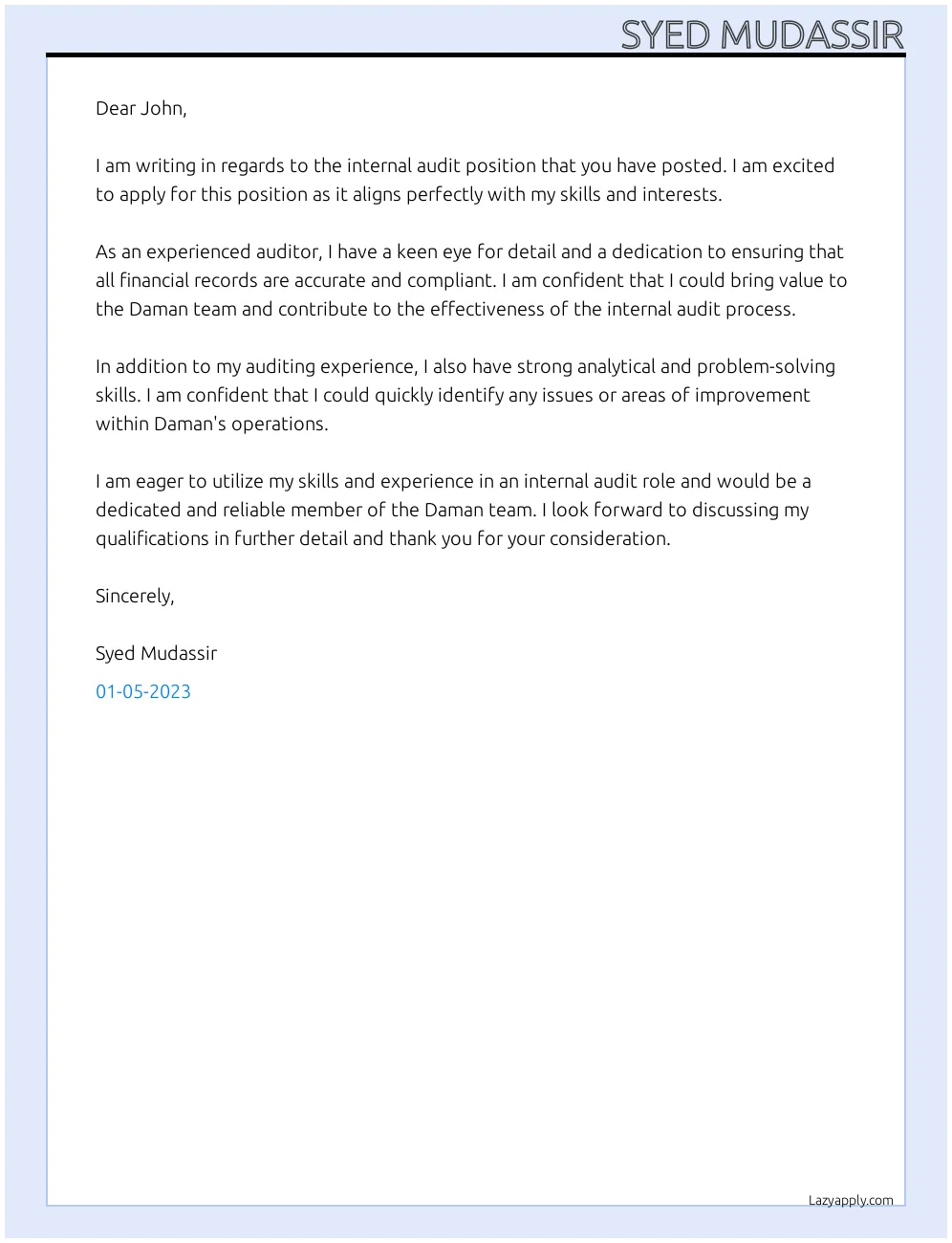
One of the most significant mistakes is using generic content that could apply to any job or company. Generic cover letters lack specificity and fail to demonstrate genuine interest in the specific internship or organization. They often reuse boilerplate phrases and fail to customize the content to reflect the applicant’s understanding of the company’s mission, values, and the requirements of the role. This lack of personalization signals a lack of effort and may lead the hiring manager to assume the applicant is sending out the same letter to multiple opportunities, diminishing the perceived value of the application. A cover letter that doesn’t show that you care is useless.
How to Avoid Generic Content
To avoid generic content, thoroughly research the company and the specific internship role. Tailor your cover letter to demonstrate your understanding of the company’s work and the specific requirements of the position. Mention the company by name, highlight specific projects or initiatives that resonate with your interests, and explain why you are drawn to this particular internship. Avoid using generic opening lines; instead, personalize your introduction by referencing something specific about the company or the role. For instance, you can mention a recent company achievement, a project that excites you, or how your skills align with the role’s demands. Always remember that the most effective cover letters show they are written specifically for that internship.
Mistake 2 Not Highlighting Relevant Skills
Another common mistake is failing to highlight relevant skills that align with the job description. Many applicants simply reiterate what is already in their resume without clearly demonstrating how their skills and experiences make them the ideal candidate. This failure makes it difficult for the hiring manager to quickly grasp your qualifications. The cover letter should be used to elaborate on your skills, providing specific examples of how you’ve used them in previous roles, projects, or academic settings. By connecting your skills to the internship’s requirements, you instantly prove your suitability for the position and increase your chances of getting noticed. This targeted approach shows the hiring manager the value you can bring to their team.
How to Highlight Relevant Skills
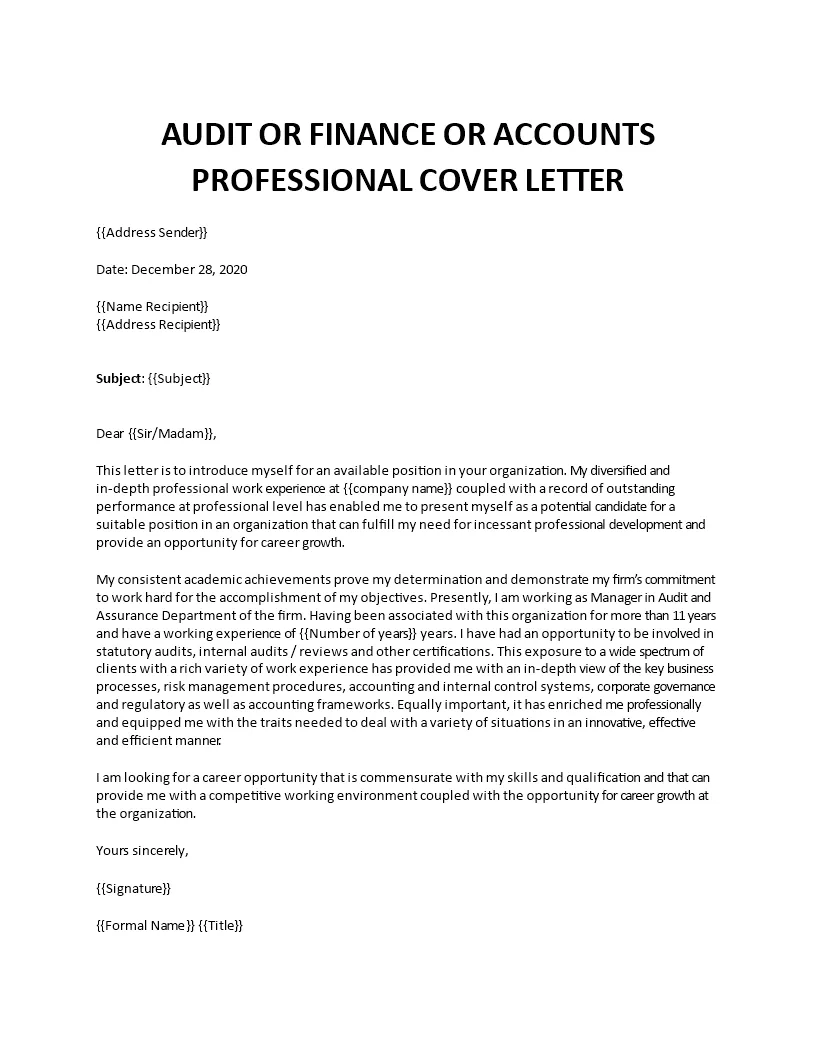
Carefully review the job description and identify the key skills and qualifications the employer seeks. Then, in your cover letter, explicitly state how your skills and experiences meet those requirements. Don’t just list your skills; provide concrete examples. For instance, if the job requires strong communication skills, describe a situation where you effectively communicated with a team to achieve a specific outcome. Use the STAR method (Situation, Task, Action, Result) to structure your examples, making them compelling and easy to understand. Quantify your achievements whenever possible, such as by mentioning a percentage increase in efficiency or the number of projects you managed. Tailoring your letter to the specific skills requested helps the hiring manager see you as a great fit.
Mistake 3 Poor Formatting and Presentation
Poor formatting and presentation can make your cover letter appear unprofessional and difficult to read. Typos, grammatical errors, inconsistent fonts, and a cluttered layout can immediately detract from the content, creating a negative first impression. In the competitive landscape of internship applications, attention to detail is paramount, and a poorly formatted cover letter suggests a lack of care and professionalism. Ensure your cover letter is visually appealing, with clear headings, proper spacing, and a professional font. This careful presentation shows the hiring manager that you are organized and committed to presenting yourself in the best possible light. A well-formatted letter demonstrates respect for the reader’s time and attention.
How to Improve Formatting and Presentation
Use a professional font like Arial, Calibri, or Times New Roman, and maintain a consistent font size throughout your cover letter. Use clear headings and subheadings to break up the text and guide the reader. Employ proper spacing between paragraphs and sections to improve readability. Proofread your cover letter meticulously for any typos, grammatical errors, or inconsistencies in formatting. Consider using a template or a professional cover letter writing service to ensure a polished and visually appealing presentation. Always save your cover letter as a PDF to preserve the formatting, which ensures that it appears as intended on all devices and operating systems. A visually appealing and error-free document will make a positive impact.
Mistake 4 Ignoring the Job Description
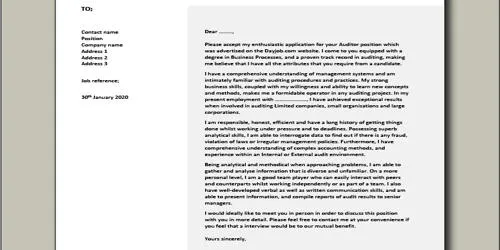
Ignoring the job description is a significant error that demonstrates a lack of attention to detail and a misunderstanding of the role’s requirements. Many applicants submit generic cover letters that don’t address the specific needs and expectations outlined in the job description. This disregard shows a lack of effort and may suggest that the applicant is not genuinely interested in the internship. The job description provides a roadmap for the qualities and skills the employer is seeking. Failing to tailor your cover letter to these requirements suggests you haven’t taken the time to understand the role, and your application is likely to be overlooked. A complete cover letter audit always starts with the job description.
How to Tailor Your Cover Letter to the Job Description
Carefully read the job description and identify the key responsibilities, required skills, and preferred qualifications. Then, tailor your cover letter to highlight how your skills and experiences align with these specific requirements. Use the keywords and phrases from the job description to show you understand what the employer is looking for. Provide specific examples of how you’ve used those skills or met those requirements in the past, using the STAR method to make your examples compelling. Always make sure to address the specific needs and expectations outlined in the job description, demonstrating that you’ve taken the time to understand the role. Personalize your cover letter to resonate with the expectations of the specific internship.
Mistake 5 Lack of Enthusiasm or Personality
A cover letter should demonstrate your enthusiasm for the internship and your personality. Applicants often make the mistake of sounding too formal, detached, or impersonal, which can make it difficult for the hiring manager to connect with them. In the competitive internship market, showing passion and personality can significantly increase your chances of standing out. Your cover letter is an opportunity to showcase your enthusiasm for the company, the role, and the industry. By expressing genuine interest and personality, you create a more memorable and positive impression. A cover letter that is engaging and enthusiastic shows that you are eager to learn and contribute.
How to Show Enthusiasm and Personality
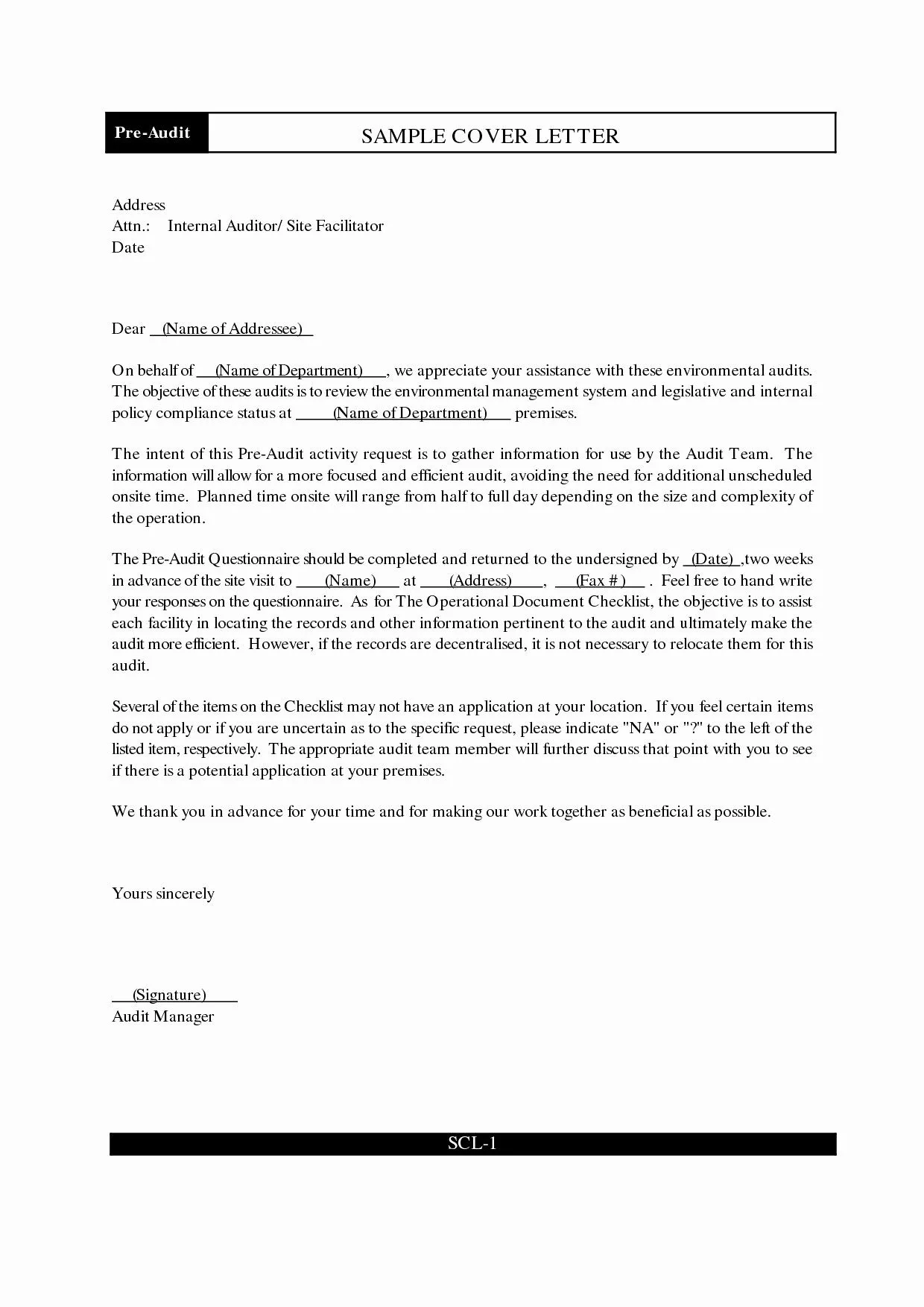
Convey your enthusiasm by clearly stating why you are interested in the internship, the company, and the industry. Express your passion for the role by mentioning specific projects or initiatives that excite you. Use a conversational tone and avoid sounding overly formal or generic. Inject your personality by using a few carefully chosen anecdotes or details that reflect your interests, skills, and experiences. Be authentic and genuine in your writing, allowing your personality to shine through. Make sure to show how you can contribute positively to the company culture. Demonstrate your enthusiasm and personality to create a memorable and positive first impression.
Cover Letter Audit Best Practices for Internships
To conduct a thorough cover letter audit, start by reviewing the job description carefully, identifying the essential qualifications, and aligning your cover letter with the requirements. Ensure your cover letter is personalized to the specific internship, mentioning the company by name and demonstrating your understanding of their work. Highlight your relevant skills and experiences using the STAR method to provide compelling examples. Format your cover letter professionally, with clear headings, proper spacing, and a consistent font. Proofread your cover letter meticulously for any typos or grammatical errors. Above all, convey your enthusiasm and passion for the internship, showing that you are eager to learn and contribute. Make sure that you can demonstrate your worth during the interview process.
Tailoring Your Cover Letter for Different Internship Types
Cover letters need to be tailored for different types of internships. For example, a research internship will emphasize your analytical skills, attention to detail, and experience with laboratory techniques. An internship in marketing may focus on your communication skills, creativity, and experience with social media platforms. For a finance internship, emphasize your knowledge of financial concepts, analytical skills, and experience with financial software. Tailor your cover letter to reflect the specific requirements and expectations of the internship, highlighting the relevant skills and experiences that demonstrate your suitability for the role. Tailoring your cover letter to the specific internship will significantly increase your chances of being selected.
